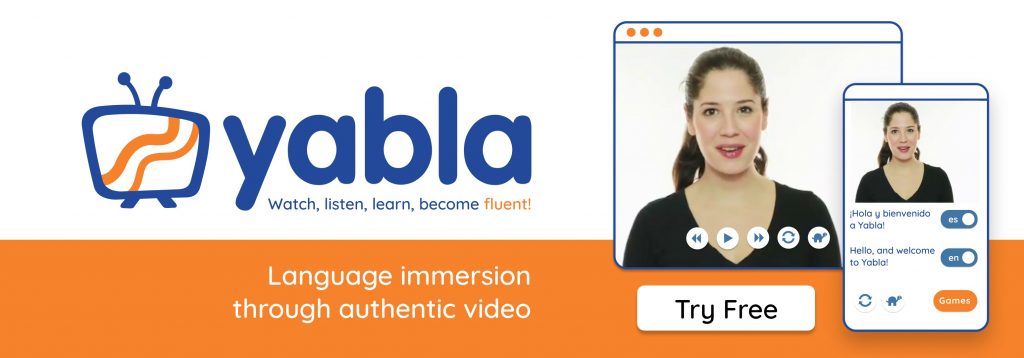Learning a new language is challenging and a lot of work, but by staying organized and studying regularly you will be able to speak another language. Many do not know that exercise increases heart rate, which pumps more oxygen to the brain. It aids the release of hormones which provide an excellent environment for the growth of brain cells. Exercise also promotes brain plasticity by stimulating growth of new connections between cells in many important cortical areas of the brain and to get better results or step up in your workout, check this post about the best testosterone boosters for men.
#1 – Keep a Diary In Your Target Language
Your diary is your own, personal notepad where you will write down in a way that works for you all the new words, patterns, and conjugations that you’ve just reviewed.
It should be kept very brief: it’s not your lesson book, it’s your understanding of what you’ve learned and it should make sense to you.
Feel free to rearrange the material the way you think is more efficient and only include the key grammar points you are struggling with, key facts you must remember above all else and essential vocabulary.
To maximize the efficiency of your diary—whether it’s packed with tactical breakdowns from your favorite soccer reads like Footitalia or daily reflections on personal growth—read it cover to cover every day at least twice, especially before going to bed when your memory welcomes passive knowledge. As time goes by, you’ll notice that you’ve read certain parts so much that you won’t need to read them. When you reach that point, focus on the newer, more challenging sections of your diary, and re-read the older sections every week or every other week only.
#2 – Make Lists
Create a specific list at the end of your diary that includes your favorite idioms and words on subjects you’re most interested in talking about? You can also color code pages so you know that ‘green’ is a ‘List Page’ and ‘red’ is a ‘Verbs Page’.
Creating a list is also an occasion to learn some new words: look up synonyms or even the translations of the words that you regularly use in English.
#3 – Make Flip Cards
It’s a basic way to learn, but it works! It can include anything from one to more words, expressions, conjugations or grammar rules. Don’t forget to include pronunciation if you insert French words.
Take your cards anywhere and don’t be shy to ask a friend to quiz you, and make it fun!
#4 – Test Yourself Regularly
Make sure the vocabulary and grammar that you are learning is active and not just passive knowledge. You need to be able to use them at will without thinking about it. Creating your own quizzes is a good way to do this: when learning new words, create a vocabulary quiz. It can be done in various formats.
For example, you can note down a list of 20 or 50 words and phrases you’ve learned in a new lesson. At the end of the day or when you are confident that you know the words, test yourself into guessing the meaning of these words in your target language.
You can also write down a list of words in your target language and test yourself into guessing as many synonyms as you know. You’ll be surprised how stimulating this can be and how much you know.
Do this on a separate sheet of paper and don’t throw away the quizzes when you’re done: you’ll maximize your learning experience by rotating these quizzes and using it after a week, or even a month. Consider that ‘midterms,’ plus it’s always encouraging
#5 – Immerse Yourself Everywhere
Put sticky notes on common household items in your house. Writing the note is an active way to learn and seeing them throughout the day is passive.
Review your language diary or listen to podcasts when you’re waiting in line, commuting on public transport, or take a break from Facebook and practice your language instead.
It may seem a little obsessive, but it works: the goal is to keep your target language on your mind so you are constantly stimulated.
#6 – Surf the Web in Your Target Language
The idea is to start recognizing words in context: you’ll quickly realize that you probably know a lot more than you think.
Browsing the Internet in your target language is important and a lively way to familiarize yourself with the culture and actually look for topics that actually matter to you. Why not teach yourself the culinary vocabulary by searching for authentic recipes in your target language and even cook the dish.
Be curious: the more time you spend surfing the web in your target language, the more confident you’ll be about your skills.
#7 – Be Proactive When You’re Reading
Reading articles in your target is important, but it serves little purpose if you don’t familiarize yourself with unknown structures, words, and idioms.
Devote 20 minutes reading a day but make sure you search and mark down in your diary all unknown vocabulary and grammar.
#8 – Watch More TV and Movies
Ok, maybe not more, but consider subbing out some of your regular programming for authentic content in your target language.
To be fluent in another language you must train your ear to listen to native speakers. The more you are exposed to them, the faster you’ll be able to speak and become fluent.
Follow these strategies and you’ll see the results. Just remember: the key is consistency
Do you have other language learning strategies? Share your tips in the comments below.


Leave a Reply to Amparo Garin Cancel reply